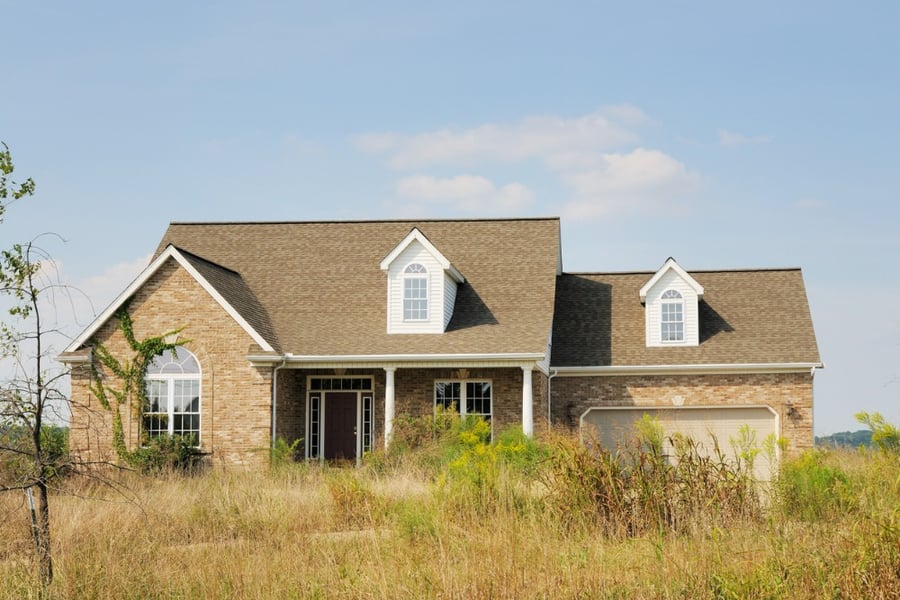This after a $500,000 investigation and trial

The New Zealand government has scrapped a national scheme aimed at filling “ghost homes,” following a $500,000 investigation and trial.
In 2021, the government-commissioned Wise Group started its work in investigating the number of ghost homes, why they were vacant and how long for, and to run a trial in Hamilton to test methods of getting these homes occupied.
But the resulting plan for a national scheme was ultimately scrapped because the process of working with owners to fill their empty properties was deemed too complex, and the number of true ghost homes was found to be relatively small, Stuff reported.
Wise Group said that there were nearly 95,000 empty dwellings across New Zealand according to the 2018 Census data, but a survey of 722 owners of empty homes suggested only 10% intentionally kept their properties empty. The vast majority of those polled said the empty homes were kept as holiday homes, second homes, or were vacant rental properties or under renovation.
“Long-term vacant dwellings make up only a proportion of unoccupied dwellings,” a Ministry of Housing and Urban Development spokesperson told Stuff. “It is generally accepted globally that a small percentage of homes will naturally, due to a range of factors, be unoccupied at any one point in time.”
The study indicated there were no “low-hanging fruit” to make empty homes available as rental properties, the spokesman said.
Julie Nelson, Wise Group board chair, said while the organisation respected the ministry’s decision, it believed any programme that worked to address the housing shortage in New Zealand was work worth doing.
Read next: Resolving housing shortage would take a long time and lots of building – Kiwibank economist
“We know that innovation projects of this nature need time to become well-established and achieve desired returns,” Nelson told Stuff.
The survey also found that the properties of a little over a quarter of ghost-home owners had been empty for more than a year, with the majority empty for shorter periods.
Despite the scheme getting junked, the ministry spokesperson said the study was worthwhile.
“The project gave us a greater understanding of the barriers to find suitable empty homes for housing market renewal and the support and solutions needed to bring them back into the housing supply, within the New Zealand context,” they said.
The trial also led to five of the eight vacant properties involved being returned to the market.
“This provided five whānau the opportunity of gaining access to a safe, dry dwelling,” the spokesperson said. “The focus will remain creation of new affordable, safe, dry housing, and increasing the supply of long-term affordable rentals.”
Wise Group’s probe did not look at how targeted taxes of ghost homes, such as those used in parts of Canada, Australia, and the UK, might be used to disincentive owners from keeping their homes empty, Stuff reported.



